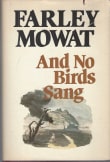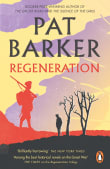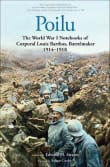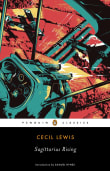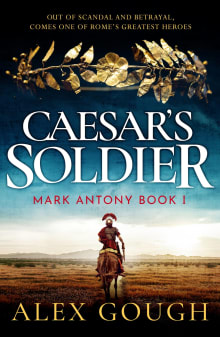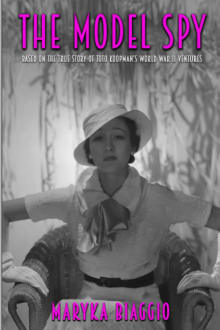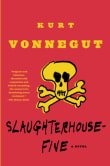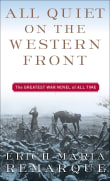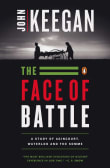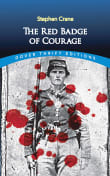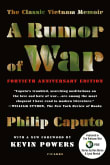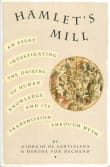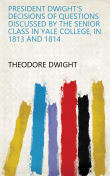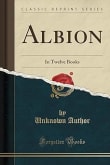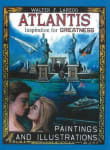Goodbye to All That
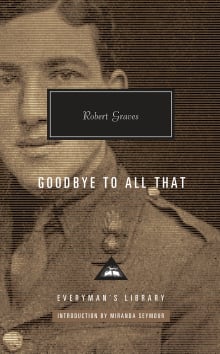
Book description
On the hundredth anniversary of the end of World War I: a hardcover edition of one of the best and most famous memoirs of the conflict.
Good-bye to All That was published a decade after the end of the first World War, as the poet and novelist Robert Graves was…
Why read it?
5 authors picked Goodbye to All That as one of their favorite books. Why do they recommend it?

Reading Graves’ biography, I get the sense of not just his wry humour but of his enduring pain. When he covers his First World War service, his jokes are cracked out of exasperation at the orders he receives that led to a succession of “bloody balls-ups,” and retold through a wince.
Graves’ biography has been described as “a version of events that told the poetic truth about his experiences…rather than being primarily fact-driven.” I believe all biographies are a form of fiction as our own memories are more often a product of our imagination than photographic recall.
Graves’ poetic retelling…
From Andy's list on books that capture the tragedy and comedy of war.

Graves’s account of his World War I experiences stands alongside Augustine’s Confessions and the Baburnama as one of the all-time great memoirs—except everyone who was in the war with Graves agrees that most of it is fake.
Sure, Graves fought in WWI, and the experience was unpleasant, so he captured that part accurately. But all his delightful anecdotes tend to be exaggerations, prevarications, fabrications.
Graves would become in later years best known as a historical novelist, and maybe its best to take Good-Bye as his first novel, a novel of life in the trenches of the Great War. Much like…
From Hal's list on irresponsible history.

Best known as the author of I, Claudius, poet Robert Graves writes movingly about his experience in World War I. He began as a patriotic young officer of the Royal Welsh Fusiliers, but life in the trenches, class conflict, bureaucracy, and loss of friends in combat made him a different man. A shell fragment pierced his lung at the Battle of the Somme; he was expected to die but somehow survived. His experience can be compared with Keegan’s account of the Somme. After the war he suffered from what today would be called Post-Traumatic Stress Disorder—startled at loud noises…
From Clark's list on to understand the experience of men in combat.
If you love Goodbye to All That...

This book is poet Robert Graves’ personal memoir of his service with the British Army during and just after the First World War. This book really moved me. What you really get from it is a sense of how war can completely change someone's psyche. It is full of insight and pathos and unsettling imagery, as depicted when Graves sees the ghosts of dead soldiers that he recently fought with as he marches down the road. Later, after he is sent back to England, he looks at the peaceful landscape and his mind tries to work out where in this…
From Matthew's list on the war within: the mental strain of modern warfare.

Unlike Lewis, Robert Graves was bitter, angry, determined to make apparent the savage waste and stupefying horror of the soldier’s experience at the front where he narrowly averted death from his bullet wounds. The author of many books, perhaps most famously I, Claudius, lived to enjoy a storied literary career, mostly in exile because of his attitude toward the war, expressed with sarcasm, macabre humor, and gory detail in this postwar autobiography. There are many extraordinary antiwar books and much moving poetry that emerged from the First World War-- Siegfried Sassoon’s and Wilfred Owen’s lyrics, the great antiwar novels…
From Marc's list on World War One from unique perspectives.
Want books like Goodbye to All That?
Our community of 12,000+ authors has personally recommended 100 books like Goodbye to All That.

